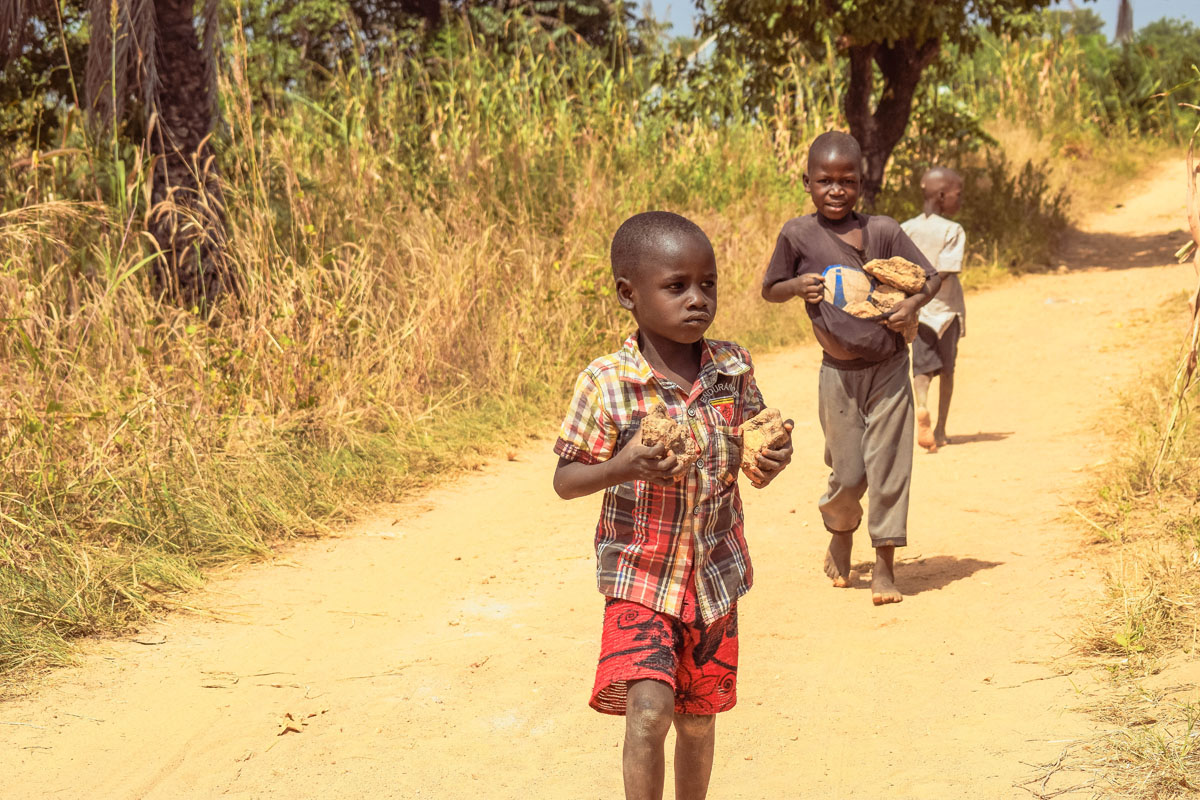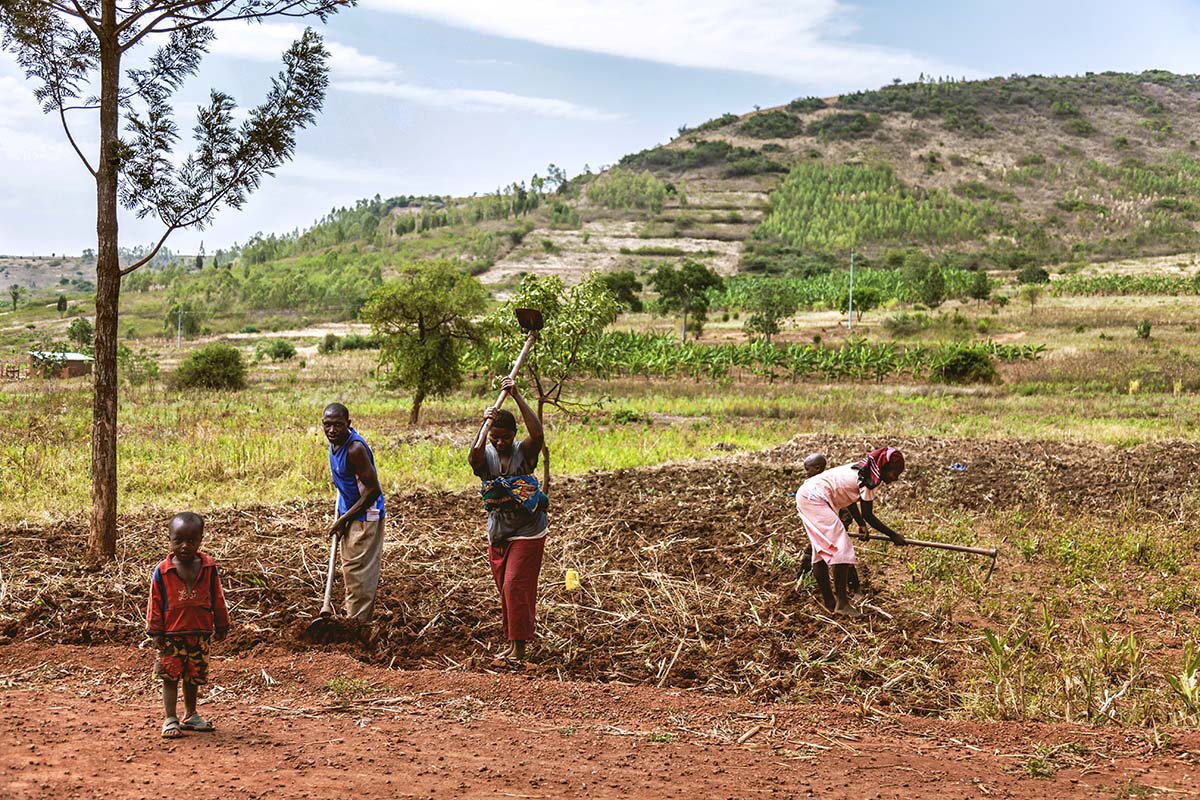Poverty: A Root Cause of Child Labour in Nigeria
June 11by Adedoyin Ajayi
Across Nigeria, it is a heartbreaking, yet common phenomenon to see children tug at the hands and clothes of travelers in motor parks in a bid to get some Naira notes. Constant rejection from travelers rarely fails to dampen the resilience of these children, as they scamper about, trying to scrounge enough money for their next meal. For some of these children, this is their daily “work” to help themselves and their families before calling it a day. Such occurrences are common across the country.
Nigeria has an upsetting number of children involved in child labour. Across the country, children can be found working in places like construction sites, markets, motor parks, as assistants in mechanic workshops, hawking on the streets, farming, mining, and working as helps in homes and shops. The International Labour Organization (ILO) estimates that about 15 million Nigerian children are involved in child labour.
Child labour is more common in the less developed regions of the world such as Sub-Saharan Africa, Latin America, and Asia. A close look at all three regions shows a common theme – considerably higher levels of poverty when compared to the more developed regions (North America, Western Europe, and Australia). There are a number of factors responsible for the prevalence of child labour in Nigeria – parental neglect, abandonment, and displacement due to factors like flood and insecurity. Nonetheless, a chief reason is widespread poverty in the country.
For a child in a family trapped in the brutal clutches of poverty, schooling and education become secondary considerations. Every member of the family would be required to pitch in and contribute financially in a bid to keep the wolf away from the door.
Adedoyin Ajayi
The World Bank predicted that the poverty extent in Nigeria would total 95.1 million poor Nigerians in 2022. Additionally, the Nigerian Bureau of Statistics created the Multidimensional Poverty Index (MPI) as a tool to measure the poverty gap in the country. Drawing on indices such as health, education, employment, security, and standard of living, results surpassed the World Bank projection, and showed that a massive 133 million Nigerians live below the poverty line of $1.90.
For a child in a family trapped in the brutal clutches of poverty, schooling and education become secondary considerations. Every member of the family would be required to pitch in and contribute financially in a bid to keep the wolf away from the door. Poverty leads to children dropping out of schools and subsequently into the labour market, where they often partake in backbreaking and dangerous jobs. It is depressing that their childhood vigour is not spent learning and imbibing knowledge that sets them on the path to being nation-builders and positive change-makers in future. Rather, it is spent doing arduous activities that pay little, offering little to no prospects for a chance at a better life, and consequently perpetuating the vicious cycle of poverty. The scourge of poverty forces children into breadwinning and thrusts them into dangerous situations where they could be exploited.
The effects of child labour are dual, felt by both the child and the society. Child labour strips away the developmental phase of children and disrupts their development in all aspects – physically, because they lack proper nutrition, mentally, because they are deprived of sound education, and emotionally, as they are prone to parental neglect. Furthermore, child labour exposes children to much higher susceptibility of physical abuse, sexual abuse, and sexual assault. These can result in outcomes that leave scars for years, such as unwanted pregnancies, STDs, physical injuries, and emotional abuse. Likewise, the society bears the brunt of increased social vices and reduced human capital.
Fighting child labour requires a resolute effort across deck. Over the years, the Nigerian government has enacted laws to prohibit child labour. The government ratified the UN Convention on the Rights of the Child in March 1991 and established the National Child’s Rights Implementation Committee across a number of states. More recently, the 2007 Child’s Rights Law of the Lagos State Government proscribes all forms of child labour. However, these legislations have been largely ineffectual due to twin factors namely, weak enforcement and a deeper root cause – poverty. With the dire economic conditions of the country, families would rather risk running afoul of the law in a bid to keep body and soul together. Improving the economic fortunes of the country would go a long way to ensuring child labour reduces and is subsequently eradicated.






